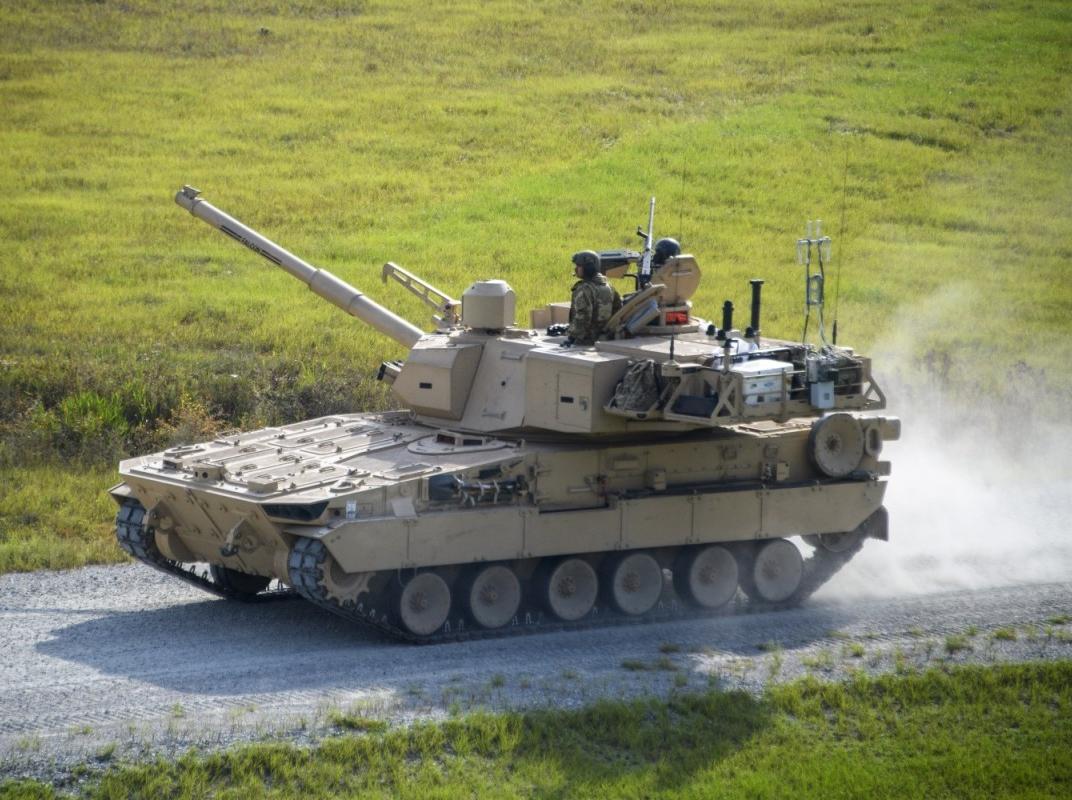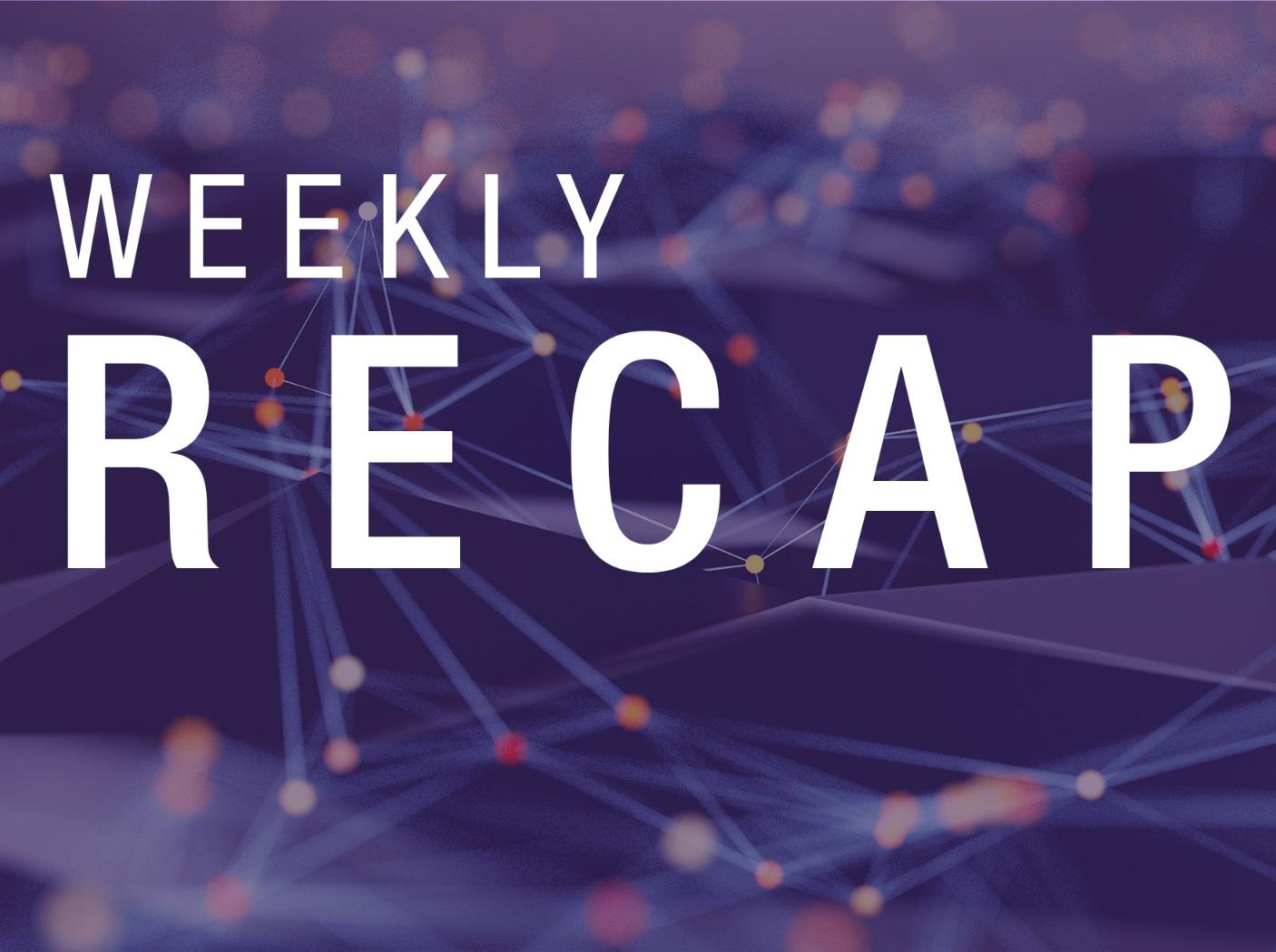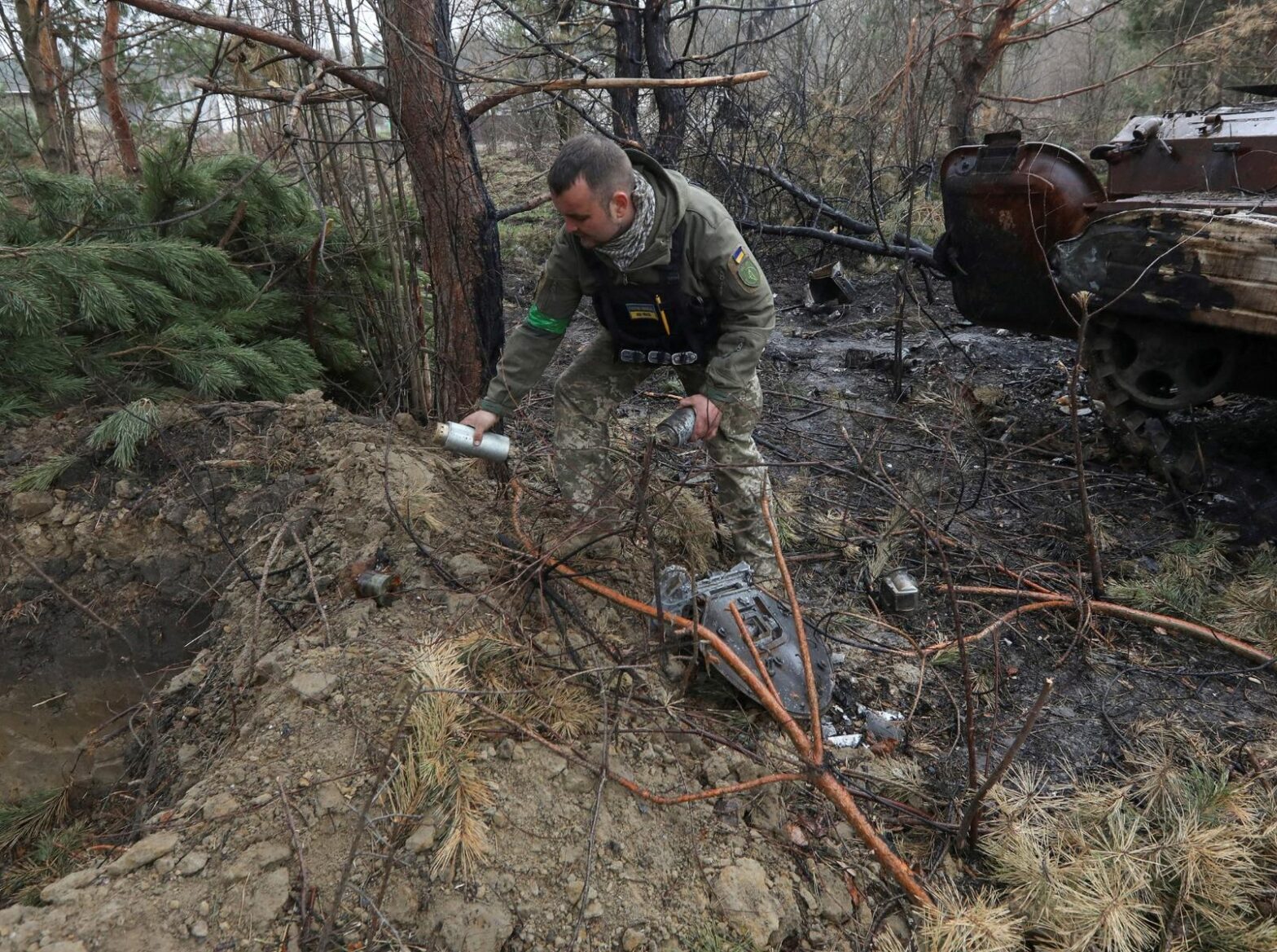Members of the House Armed Services Committee have expressed concerns over the electrification of Army combat vehicles. Though such concerns have some merit, there is also a larger issue motivating research and development efforts—the growing demand for energy on the battlefield. Strategists analyzing a potential U.S.-China conflict will often comment on the challenges presented by… Continue reading Do Generals Dream of Electric Tanks?
Tag: Intel
Private Military Contractors, China’s Efforts to Imprison Tibetans, Truth Decay: RAND Weekly Recap
This week, we discuss how the U.S. and its allies can undermine Russia’s private military contractors; what nighttime lighting reveals about China’s efforts to imprison Tibetans; how “Truth Decay” is damaging U.S. national security; the evidence on stackable credentials; growing the film industry in Pittsburgh, Pennsylvania; and the Air Force’s fiscal shortfalls. Photo released by… Continue reading Private Military Contractors, China’s Efforts to Imprison Tibetans, Truth Decay: RAND Weekly Recap
Escaping Afghanistan
My 9-year-old daughter still remembers August 2021 as a “horrible time.” After the fall of Kabul that month, my husband and I, both Air Force officers who had served in Afghanistan, found ourselves pulled into a complex, unofficial operation to help evacuate U.S. citizens and Afghan allies. There were endless sleepless nights spent frantically sending… Continue reading Escaping Afghanistan
Why Biden Was Justified to Send Cluster Munitions to Ukraine
The recent White House announcement that it would send cluster munitions to Ukraine was met with both criticism and applause. The administration defended its decision, noting that Russia has been using these munitions to attack Ukraine and that Kyiv has been asking for these munitions for self-defense purposes. They have now begun to arrive. The… Continue reading Why Biden Was Justified to Send Cluster Munitions to Ukraine
Miranda Devine, the Bidens’ Gadfly
Donald Trump has been indicted for a third time. Special counsel Jack Smith has charged the former president with four counts of conspiracy and obstruction for his actions leading up to the events of January 6, 2021. This indictment follows Alvin Bragg’s in New York—pertaining to Trump’s alleged campaign-finance violations in 2015 and 2016, as… Continue reading Miranda Devine, the Bidens’ Gadfly
For Washington Post’s Feared ‘Pinocchio’ Fact Checker, Forthrightness Dies in ‘Updates’ to Biden-Burisma Story
“The Washington Post and other media have tried to squelch the scandal of Joe Biden potentially using his high office to enrich himself and his family,” said a congressional investigator for a GOP-led committee. “Almost nobody is fact-checking these biased fact checkers, and they carry a lot of weight and authority.” Original article: “Officials who worked for… Continue reading For Washington Post’s Feared ‘Pinocchio’ Fact Checker, Forthrightness Dies in ‘Updates’ to Biden-Burisma Story
BlackRock and Its ESG ‘Voting Choice’ Ruse
Amid growing criticism of its environmental, social and governance (ESG) investment practices, BlackRock has announced that it will offer retail investors in its largest exchange-traded fund (ETF) the opportunity to participate in its “Voting Choice” program. Open to institutional clients since January 2022, this program allows investors to choose from a limited set of options to guide… Continue reading BlackRock and Its ESG ‘Voting Choice’ Ruse
Radicals vs. Atlanta: The Global Left’s Violent Rage Over a Police Academy Meant to Prevent Killings
By Lee Fang, RealClearInvestigations, leefang.comAugust 3, 2023 Throughout the United States, it takes three times as many hours of training to become a nail technician, a barber, or a plumber as it does to become a police officer. Finland, Australia, Denmark, and Germany – countries with far less crime and a fraction of American gun… Continue reading Radicals vs. Atlanta: The Global Left’s Violent Rage Over a Police Academy Meant to Prevent Killings
It’s Like Déjà Vu All Over Again
On student loan debt, President Joe Biden is ignoring Congress and acting outside the rule of law. The Supreme Court struck down Biden’s student-debt forgiveness initiative in June, but another Biden plan – with a reimagined design – is in the works. Millions of Americans with student loans will be able to enroll in a… Continue reading It’s Like Déjà Vu All Over Again
Deception by Redaction: More FBI FISA Abuses, This Time Using Fake News in the Washington Post
By Paul Sperry, RealClearInvestigationsAugust 1, 2023 The FBI’s efforts to mislead a federal court in order to wiretap an adviser to the Trump campaign were more extensive than previously reported, according to classified documents described to RealClearInvestigations. John Durham, special counsel: The FISA abuse that got away. AP The embattled bureau tried to hide its… Continue reading Deception by Redaction: More FBI FISA Abuses, This Time Using Fake News in the Washington Post









